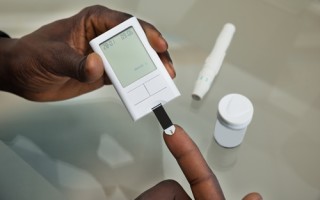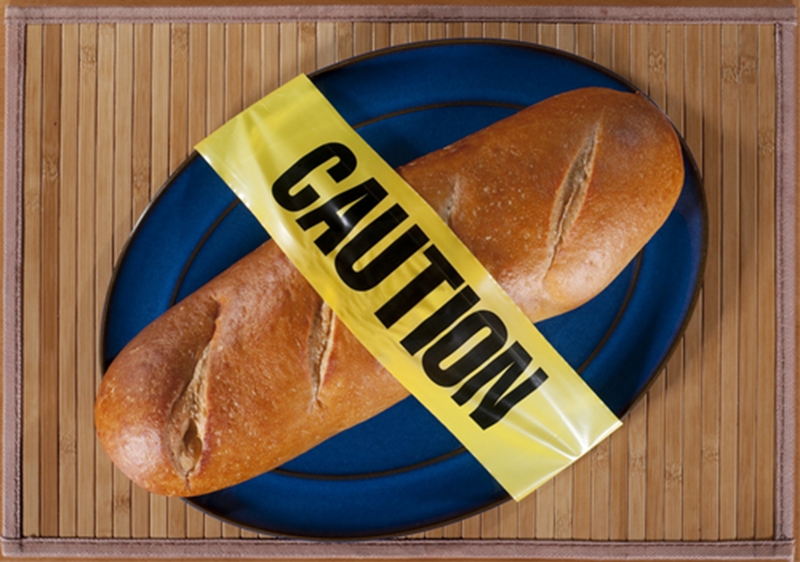
Have you ever heard the common misconception that carbohydrates give you energy? Think of popular television show, The Office, where the misguided character Michael Scott unfortunately tries to "carbo-load" before running a 5K race by consuming far too much Fettuccine Alfredo. While you might not consider this foolhardy course of action, you might want to know that the body is designed to use a combination of unprocessed carbs, fats and proteins for fuel – not just carbs.
How do carbs affect those with type-two diabetes?
For those suffering from type-two diabetes, you need to know what effect carbs have on your wellbeing as carbs immediately affect your blood sugar levels, also known as glucose. Too much or too little glucose in your blood (hypoglycemic and hyperglycemic) can negatively affect your entire body.
Whenever blood sugar is too high due to the presence of too many processed carbs, insulin is released from the pancreas to stabilize blood sugar by converting glucose into glycogen and storing it in the liver. Then, when the liver is full of glycogen, the organ converts the remaining glucose to fat, also known as triglycerides.

Meanwhile, when blood sugar is too low, such as in between meals, glucagon releases to stimulate the liver to convert glycogen into glucose to then enter the bloodstream. Yet, when blood sugar remains high, it burns out in the pancreas and can negatively affect insulin receptor sites. When this occurs over a long period of time, the body's adrenal glands serve as a backup force to convert any stored glycogen into glucose, while also producing additional glucose from stored proteins and fats.
Can the GAPS Diet benefit those suffering from Type-two Diabetes?
Dr. Campbell-McBride generally recommends that the GAPS Diet can be very beneficial for people with type-two diabetes, obesity and other insulin-resistant conditions, as it completely cuts out complex carbohydrates.
As insulin is the "master fat-storage" hormone in the body, Campbell-McBride says, if you have too much of it in your bloodstream, everything you eat, your body will store as fat. She says that insulin dominance in the body due to consuming highly processed carbs, such as sugar, breads, breakfast cereals and more. These carbs stimulate the production of too much insulin instead of promoting a healthy balance.
"The GAPS Diet can be very beneficial for people with type-two diabetes."
"In nature everything works as a union of opposites: to oppose insulin, our bodies produce glucagon," Campbell-McBridge revealed. "Glucagon is a 'master fat-burning' hormone, it mobilizes your own body fat to be used for energy production. When your body starts producing glucagon you lose excess weight, your body assumes its natural healthy shape, and the risks of diabetes, heart disease and cancer are removed. To produce glucagon you need to eat plenty of animal fat and protein: meat, fish, eggs and good quality dairy products."
With the GAPS Diet, Campbell-McBride typically advises that people with type-two diabetes consume plenty of animal fats to keep their blood sugar at the right level. To do so, she recommends eating a few tablespoons of raw butter, coconut oil or homemade sour cream every half an hour during the day.
Furthermore, as freshly pressed juices have many sugars in them, you might want to balance any sugars you consume with a fat and protein. To do this, blend 1 to 2 raw eggs and 1 to 2 tablespoons of the previous mentioned animal fats (homemade sour cream, raw butter or coconut oil) into your juice. This way, you can add plenty of healthy juices from apples, carrots and pineapples without having to worry about your body's sugar levels.
For additional information about the GAPS Diet and how to get started, you can consult with a Certified GAPS Practitioner and visit the rest of our website today!

